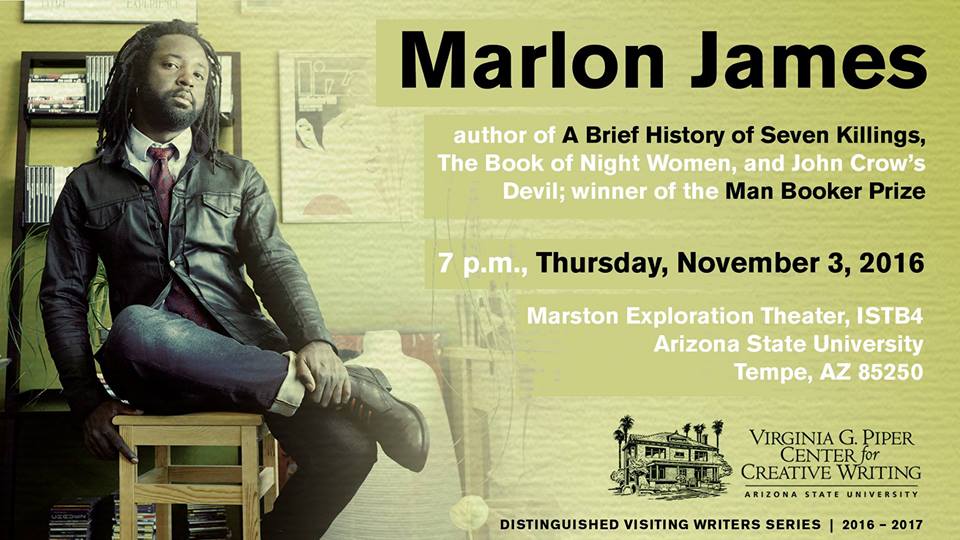Enter a commercial bookstore – say, Barnes and Noble – and take a look at the display sections. Likely what you will find are different novel-length books, be it fiction, nonfiction, fantasy, or young adult. Enter the shelves and, if you search a little, you will be able to find collections of short stories by some particularly well-known authors, or maybe an entire section devoted to short-story form. For many amateur writers there is a sense that one starts writing short stories only to better understand the structure of a story, but “real writing,” successful writing, involves novels. Short stories are a way of getting one’s name known to better sell a novel later, or a way of generating ideas and themes that will eventually show up in a later novel.
This is not to say that short stories are not an often-used form, but rather that they are not marketed or praised with as much enthusiasm as novels. Book clubs, college essays, even library shelves are more likely to be promoting novels than short fiction.
Is that still true? There are thousands of literary magazines with focus on short stories across the country, and MFA Creative Writing programs are bursting at the seams with hopeful writers – most who are learning to write short stories as their primary craft. Almost three weeks ago, Junot Diaz, an author who won the Pulitzer Prize for his first novel released not another novel but a book of short stories. It is currently fifth on the New York Times Bestseller list for hardcovers. A book of short stories selling well to the general public.
Other writers are taking this risk as well. Emma Donaghue was a finalist for the Man Booker prize for her best-selling novel Room, and recently she released a collection of short stories named Astray. No longer are short stories something authors do until they can get a book deal – now the short stories are book deals in themselves.
Olive Kitteridge is a best-selling “novel in stories” by Elizabeth Strout – a marketing tool that has been popular lately. Is it a collection of short stories with a central character, or is it a novel separated into different stories? Likely, in the interest of a more mainstream readership, the publisher decided to market it as a novel.
For many readers, short stories are a form used only for convenience in classroom settings or slipped into magazines they were already reading, but this is beginning to change. The market is finding more and more value in short stories and the public is beginning to recognize and buy these collections. Is their smaller form easier to finish in our busy-bee lifestyles? Are they better suited to our oft-thought shrinking attention spans? Is it a result of a plethora of talented short story artists coming out of MFA programs? Or perhaps the many different places to find short stories – literary magazines, collections of prize-winners, e-books, online?
The makeup and background of literature is changing, from MFA programs to e-books. It will be interesting to see if novels soon become less ubiquitous and short stories more popular and accessible. In a few more years, will bookstores be selling out of popular short story collections more often than popular novels?

